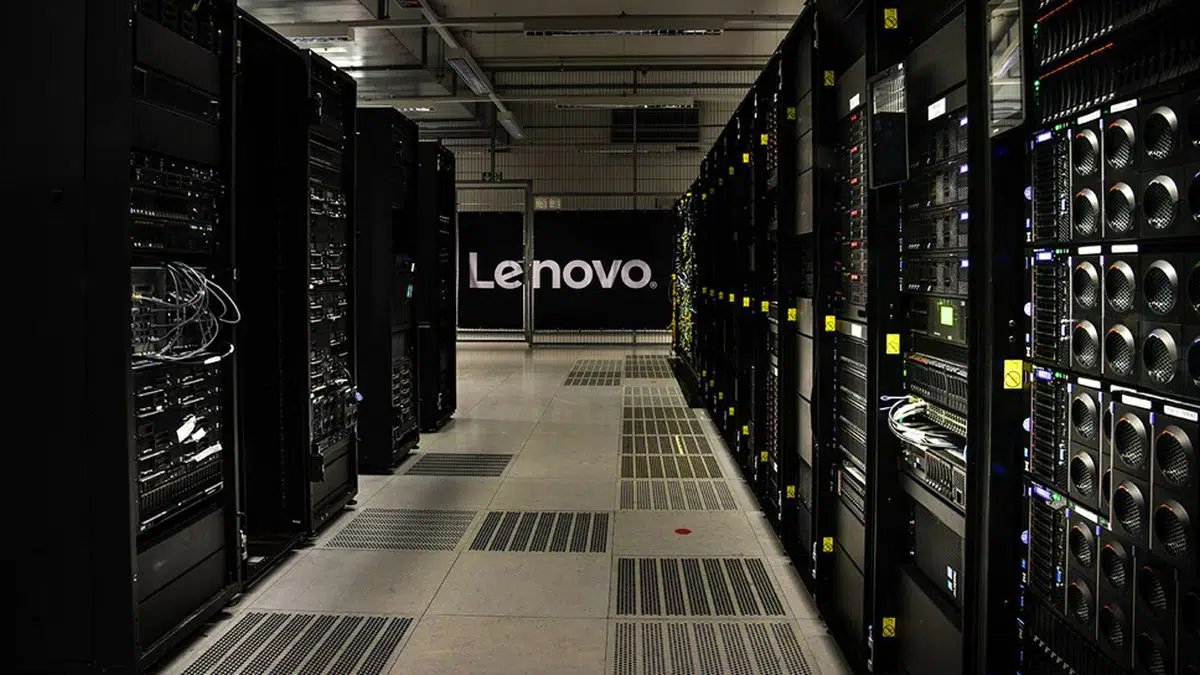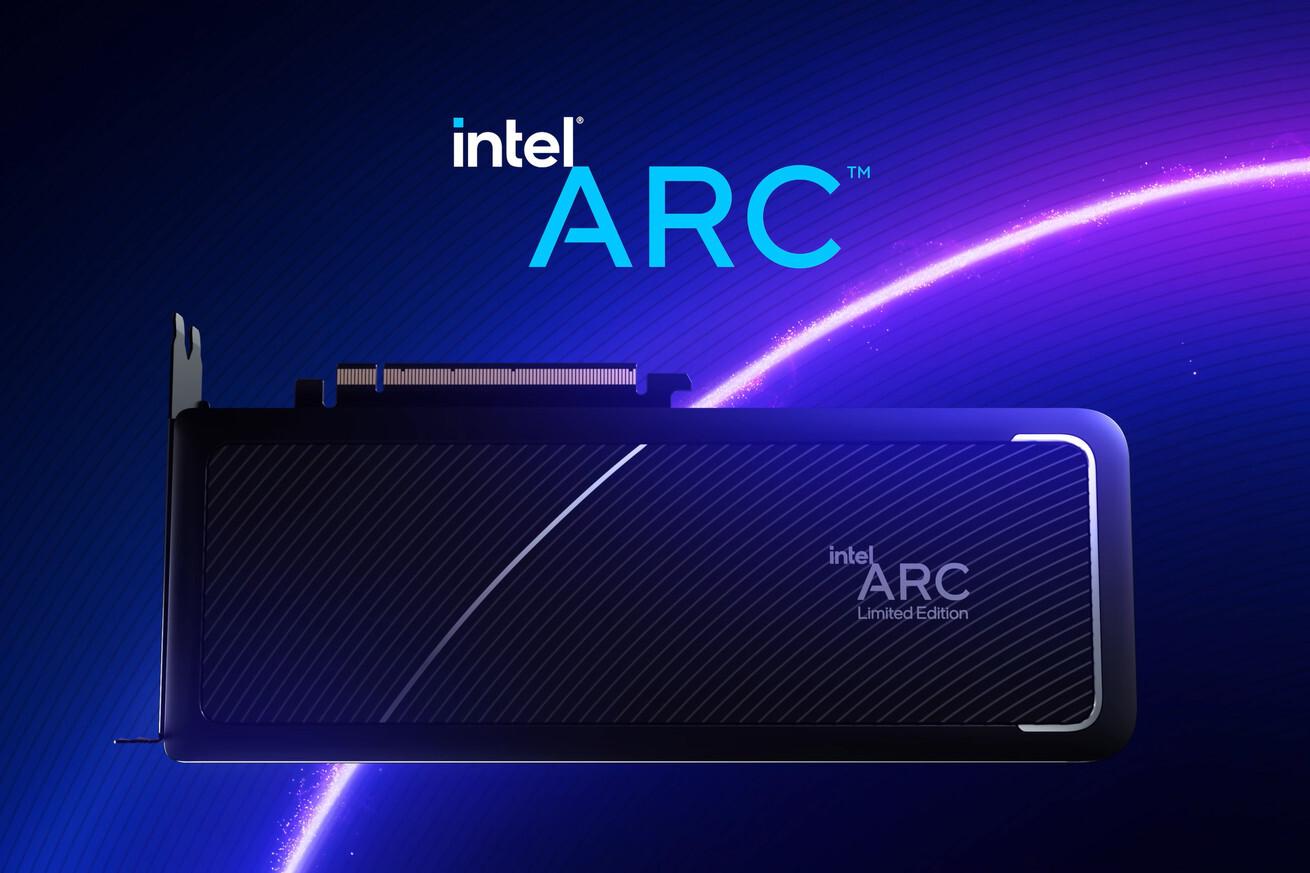Do you want to know the key factors that can help you choose the right virtualization solution for your business? If yes, then you’re at the right place.
Virtualization has become a cornerstone of modern IT infrastructure. It allows you to maximize resources, improve efficiency, and reduce costs.
But with the availability of so many options, how do you select the right one? The process may be complex, but you need to focus on critical factors like:
- Understanding your business needs
- Compatibility with existing infrastructure
- Security features
- Performance & reliability
- Documentation support
- Cost considerations and so on.
Let’s dive deeply into these factors:
- Understand Your Business Needs: What Do You Want To Achieve?
Before diving into technical details, ask yourself: What are your business needs? Every organization has unique goals; your virtualization solutions should align with them. Are you looking to reduce hardware costs, improve scalability, or increase disaster recovery capabilities? By clearly defining your objectives, you can narrow the options and focus on solutions that meet your goals.
- Scalability: Consider how your business may grow in the future. A good virtualization solution should scale alongside your company without significant additional investments.
- Cost-effectiveness: Look at the total cost of ownership, including the initial investment and ongoing maintenance, upgrades, and support.
- Flexibility: Make sure the solution can support different workloads and adapt to your evolving business needs.
- Compatibility With Existing Infrastructure: How Seamlessly Will It Integrate?
One of the most important questions you should ask is how well the virtualization solution will integrate with your current IT infrastructure. The answer is the solution requires a complete overhaul of your systems. It may become more costly and disruptive than one that fits into your existing setups:
- Hardware compatibility: Check whether the solution is compatible with your current hardware. You may need to invest in new equipment if you still need to.
- Software integration: Ensure that the solution integrates well with your existing software applications, such as operating systems, databases, and other essential tools.
- Vendor support: Evaluate your current vendors to provide support for the virtualization solution you’re considering.
- Security Features: How Well It Will Protect Your Data?
Security is a top priority for any business, and your virtualization solution should provide robust protection against threats. Do you want to know how to ensure your data is safe? The answer lies in selecting a solution with advanced security features tailored to your needs.
- Encryption: Ensure the solution offers strong encryption for data in transit and at rest. This will protect your information from unauthorized access.
- Access Control: Look for solutions that provide granular access control, allowing you to restrict access to sensitive data and systems based on user roles.
- Regular Updates: Choose a solution that receives regular security updates and patches to protect against emerging threats.
- Performance and Reliability: Can It Handle Your Workload?
When choosing virtualization solutions, performance and reliability are critical factors. After all, you want a solution that can efficiently handle your workloads without compromising performance. How do you ensure that? The answer is to evaluate the solution’s performance capabilities and reliability track record.
- Resource Allocation: Look for solutions that offer dynamic resource allocation, allowing you to allocate CPU, memory, and storage resources as needed to optimize performance.
- Uptime Guarantees: Evaluate the solution’s uptime guarantees and track record. Downtime can be costly, so choose a solution that offers high availability and reliability.
- Load Balancing: Consider whether the solution offers load balancing features to distribute workloads evenly across virtual machines, ensuring consistent performance.
- Support and Documentation: How Easily Can You Get Help?
Do you want to know how to ensure smooth implementation and ongoing management? The answer is strong support and comprehensive documentation. Choosing a virtualization solution with excellent customer support and detailed documentation can make a difference.
- Customer Support: Look for solutions that offer 24/7 customer support with knowledgeable representatives who can assist with troubleshooting and technical issues.
- Training Resources: Consider whether the provider offers training resources, such as tutorials, webinars, or certifications, to help your team get up to speed.
- Documentation: Ensure the solution comes with thorough, easy-to-understand documentation covering installation, configuration, and troubleshooting.
- Cost Considerations: What’s The True Price Tag?
Finally, cost is always a factor when choosing any IT infrastructure solutions. Do you want to know how to avoid unexpected expenses? The answer is to evaluate all costs associated with the virtualization solution carefully. While upfront costs are important, don’t forget to consider the total cost of ownership.
- Licensing Fees: Understand the licensing model and fees associated with the solution. Some solutions charge based on the number of virtual machines or cores, while others may have flat-rate pricing.
- Maintenance and Upgrades: Factor in ongoing maintenance costs, updates, and potential upgrades. These can add up over time, so ensure you clearly understand what’s included in your contract.
- Hidden Costs: Beware of hidden costs, such as additional fees for support, training, or advanced features that may not be included in the base package.
Bottom Line
Choosing the right virtualization solution for your business is a significant decision that can impact your IT operations for years. Do you want to make an informed decision that will benefit your organization? The answer is to carefully consider these six factors: understanding your business needs, ensuring compatibility with existing infrastructure, prioritizing security features, evaluating performance and reliability, securing strong support and documentation, and assessing the true cost of the solution.
Read more: What is The Role Of Enterprise Storage Solutions In Data Protection?






